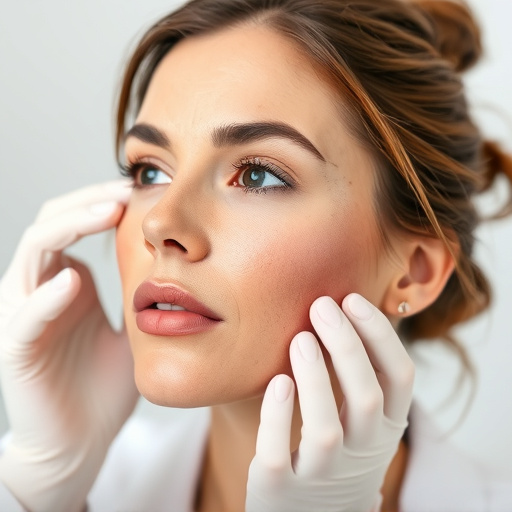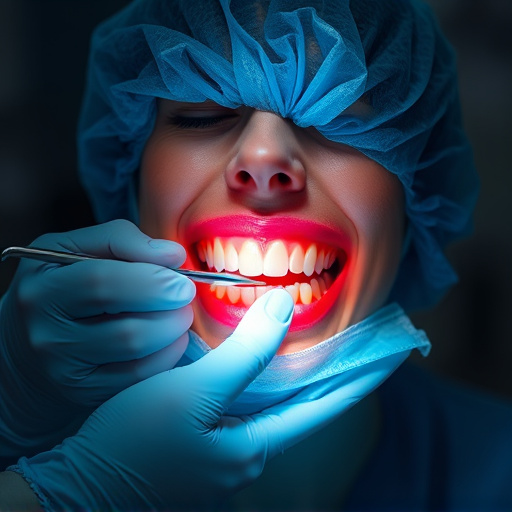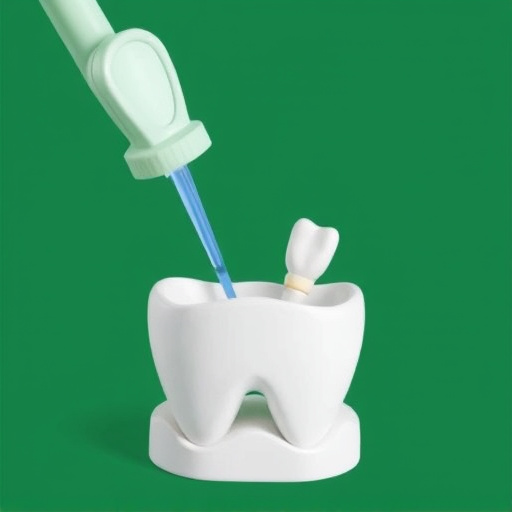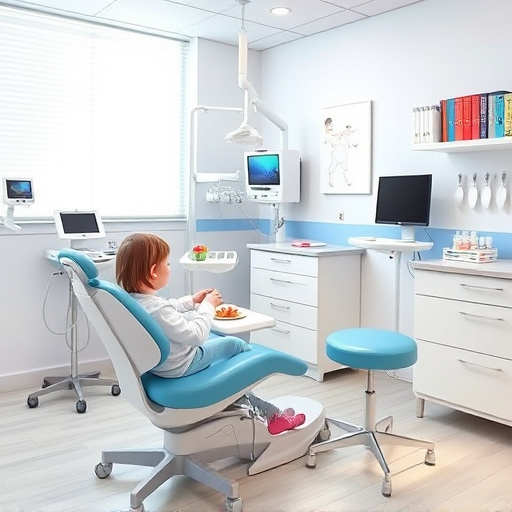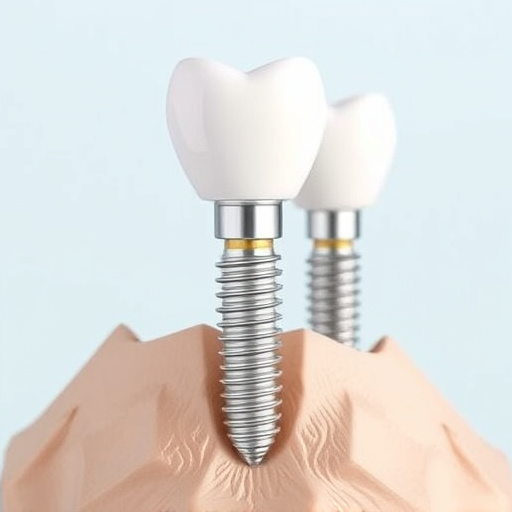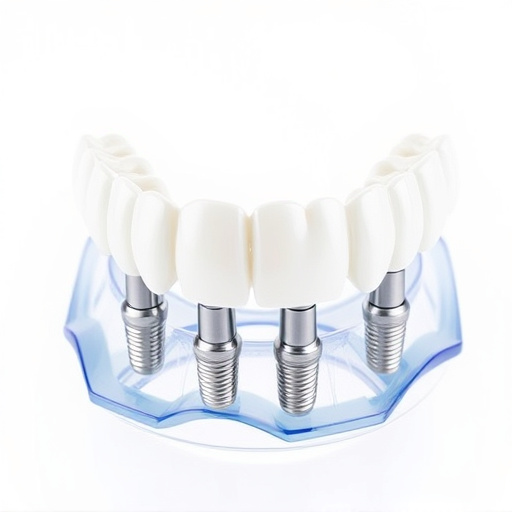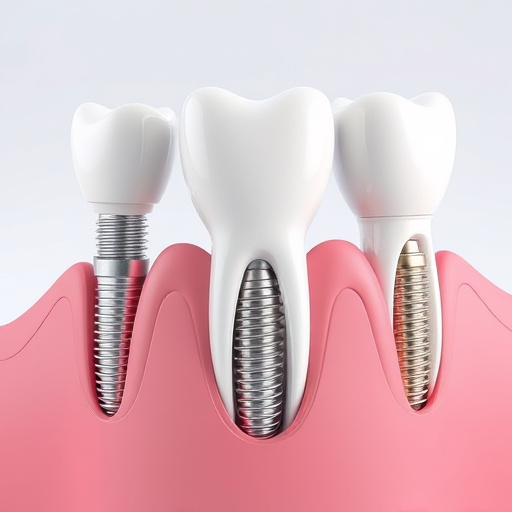Accidental oral injuries require immediate emergency dental care, offering treatments like fillings, bonding, and complex procedures to save teeth and prevent long-term damage. Prompt action, such as reinserting knocked-out teeth, is crucial for optimal outcomes, with specialized facilities available 24/7 to provide cleaning, debridement, and temporary stabilizations until permanent solutions can be implemented.
Accidental oral injuries are common, often requiring immediate attention to prevent complications. This article explores how emergency dental care plays a pivotal role in managing such traumas, offering life-saving interventions and long-term solutions. From understanding various types of oral injuries to highlighting the expertise of emergency dentists, we delve into the benefits of prompt action. Learn how quick response can preserve smiles and ensure optimal healing, emphasizing the importance of accessible and specialized emergency dental care.
- Understanding Oral Injuries from Accidents
- The Role of Emergency Dental Care
- Quick Action: Benefits and Techniques
Understanding Oral Injuries from Accidents
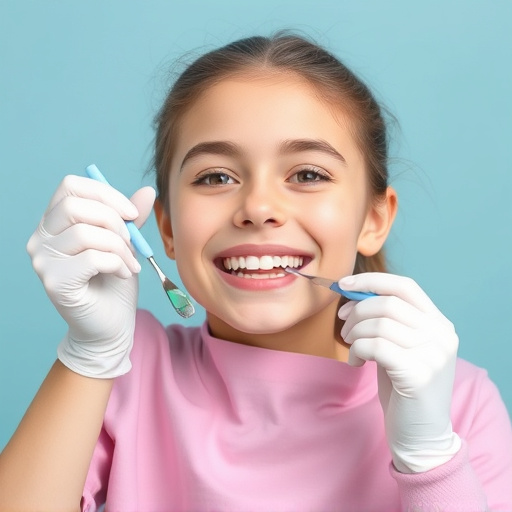
Accidents happen, and when they do, oral injuries can be a significant concern. These injuries range from minor chips or cracks in teeth to more severe fractures, dislocations, and even soft tissue damage. Understanding the types of oral injuries that can result from accidents is crucial for seeking prompt treatment. Many individuals may initially opt for temporary relief, such as over-the-counter painkillers, but addressing these issues with emergency dental care is essential for long-term oral health.
Emergency dental services play a vital role in managing and treating acute oral injuries. Dental professionals skilled in trauma care can offer various procedures like dental fillings to repair chiped teeth, dental bonding to stabilize broken tooth fragments, or even more complex treatments for severe fractures. Prompt intervention ensures the best chances of saving damaged teeth and minimizing long-term complications.
The Role of Emergency Dental Care
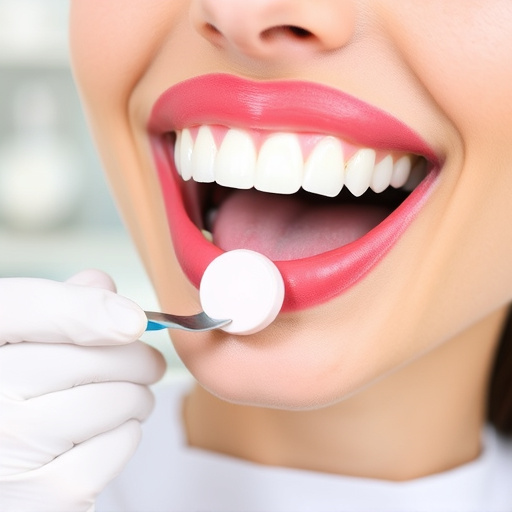
Emergency dental care plays a pivotal role in addressing oral injuries stemming from accidents. These unforeseen events can cause significant damage to teeth, gums, and other soft tissues, necessitating prompt intervention. Timely access to emergency dental services can significantly impact the outcome of such injuries, potentially saving teeth and minimizing long-term complications.
Specialized emergency dental care facilities are equipped with the necessary tools and expertise to handle a range of oral traumas, from broken teeth to facial lacerations. These clinics prioritize rapid assessment and treatment, often providing immediate relief from pain and setting the stage for more comprehensive care. Moreover, unlike general practices that may have limited after-hours services, emergency dental care centers are designed to offer 24/7 support, ensuring patients receive the attention they need regardless of when the accident occurs. This accessibility is crucial in mitigating the potential for permanent damage caused by delayed treatment. In addition to addressing immediate needs, these facilities often coordinate with other healthcare providers and specialist dentists, such as those offering clear aligners or cosmetic dentistry services, to ensure holistic oral health recovery.
Quick Action: Benefits and Techniques
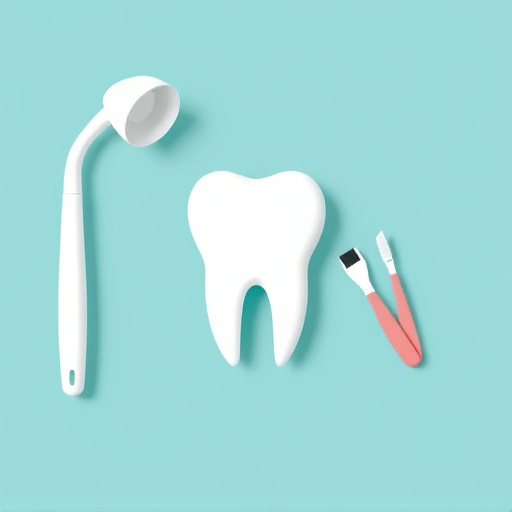
Quick action is crucial when it comes to oral injuries caused by accidents. The first few minutes after an incident can significantly impact the outcome and effectiveness of emergency dental care. When a tooth is knocked out, for instance, immediate steps should be taken to preserve its viability. This includes holding the tooth by the crown (the visible part) and gently rinsing it in milk or saline water to clean any debris. Reinserting the tooth into the socket as soon as possible increases the chances of successful reattachment.
Emergency dental care goes beyond immediate treatment; it also involves techniques that promote long-term oral health. This includes thorough cleaning and debridement to remove any infected tissue, gum injuries, or foreign objects. In cases where a tooth is severely damaged but not completely avulsed, temporary fillings or splints might be used to stabilize the area while waiting for more comprehensive dental care. General dentistry practices often offer emergency services, providing essential support until patients can receive specialized treatments, such as dental implants, for more permanent solutions.
Emergency dental care plays a pivotal role in managing oral injuries caused by accidents, offering swift intervention and specialized treatment. By understanding the common types of such injuries and the immediate actions required, individuals can significantly enhance their chances of achieving optimal oral health outcomes. Quick response, guided by emergency dental professionals, is key to minimizing damage, reducing pain, and ensuring proper healing – all vital components for maintaining a healthy smile.

